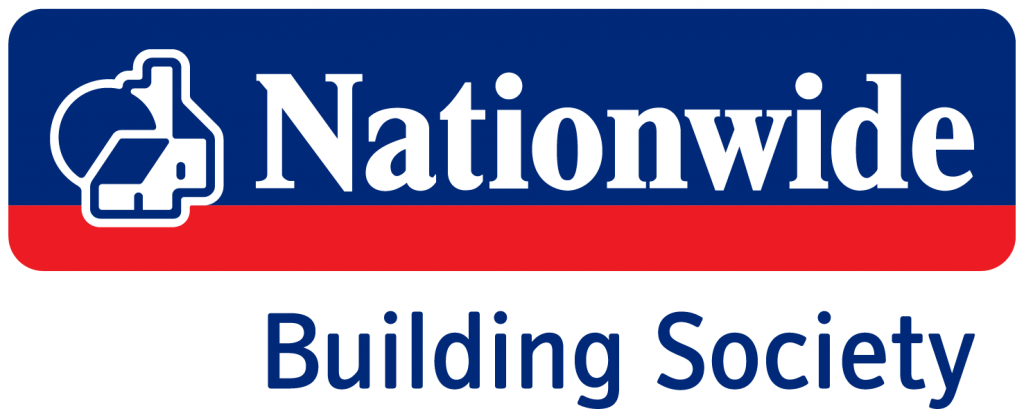
9:36 AM, 1st February 2023, About 2 years ago
Text Size
House prices have now fallen for the fifth consecutive month, Nationwide says.
Its latest house price index reveals that in January, the average house price fell 0.6% from December to £258,297.
And annual house price growth continues to slow – it was 1.1% last month. In December, annual house price growth was 2.8%.
Robert Gardner, Nationwide’s chief economist, said: “The start of 2023 saw a further slowing in annual house price growth to 1.1%, from 2.8% in December.
“Moreover, January saw a further monthly price fall (-0.6%), which left prices 3.2% lower than their August peak.”
He continued: “However, there are some encouraging signs that mortgage rates are normalising, but it is too early to tell whether activity in the housing market has started to recover.
“It will be hard for the market to regain much momentum in the near term as economic headwinds are set to remain strong, with real earnings likely to fall further and the labour market widely projected to weaken as the economy shrinks.
“As we highlighted in our recent affordability report, the biggest change in terms of housing affordability for potential buyers over the last year has been the rise in the cost of servicing the typical mortgage as a result of the increase in mortgage rates.”
Mr Gardner added: “Should recent reductions in mortgage rates continue, this should help improve the affordability position for potential buyers, albeit modestly, as will solid rates of income growth, especially if combined with weak or negative house price growth.”
He pointed out that affordability will ‘remain challenging’ in the near term and that saving for a deposit is proving a struggle for many given the rising cost of living – with tenants facing rents rising at their strongest pace on record.
Helen Morrissey, the senior pensions and retirement analyst at Hargreaves Lansdown, said: “The housing market continues to slow with annual house price growth now standing at just 1.1%.
“The heady days of the pandemic race for space feel like a lifetime away and it won’t be long until we see house price growth going backwards.
“It’s been a truly turbulent year for homeowners and would-be buyers as the cost-of-living crisis pushed our finances to their limit meaning many people had to put off the prospect of buying because they just couldn’t afford it.”
She added: “There are signs mortgage rates are starting to come down but it’s going to take a lot to tempt people back into the market and Bank of England data shows mortgage approvals continuing to fall.”
Nathan Emerson, Propertymark’s chief executive, said: “January has kicked off the New Year with a boom according to many of our estate agent members.
“They have seen a rise in homes coming to the market and plenty of keen sellers present.”
He adds: “Buyers are cottoning onto the fact that purchasing power is now in their hands due to competition levels easing for the first time in a while.
“Therefore, it is unsurprising that the average house price continues to fall as buyers tighten their purse strings and, in some cases, look for slightly smaller, more cost-effective homes than before.”
Avinav Nigam, the cofounder of real estate investment platform IMMO, said: “A key driver behind the slowing of house price growth over the year to January is higher borrowing costs since interest rates have risen in order to curb higher inflation.
“Higher borrowing costs are dampening demand, and therefore house price growth. From a price-income ratio, this might look like good news on the affordability of homes.
“However, it’s the opposite because at the same time, stress tests on mortgages are becoming harder to pass.
“The impact of this is disproportionately felt by typically younger and poorer people who are renting and aspire to home ownership.”